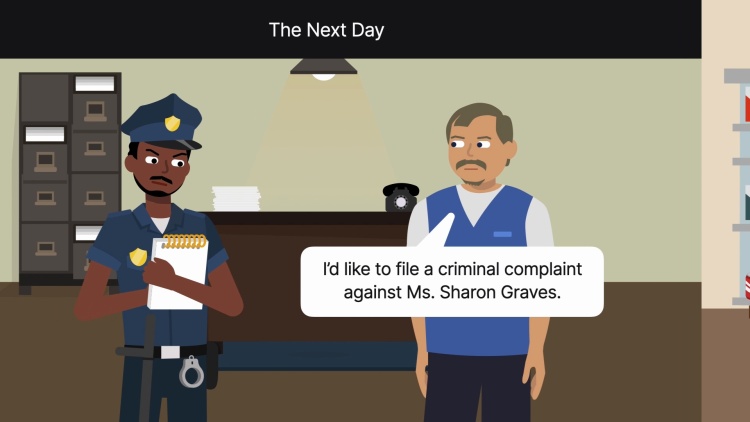Texas Skaggs, Inc. v. Graves
Texas Court of Civil Appeals
582 S.W.2d 863 (1979)

- Written by Sean Carroll, JD
Facts
Sharon Graves (plaintiff), a former employee of Skaggs grocery stores (defendant), continued to shop there after her employment was terminated. She had given the store two checks for a total $34.70. However, unbeknownst to her, her husband, from whom she was separated, had withdrawn all of the money in her account. When she found out about the mix up, she said she would pay as soon as she could. Over two weeks later, she mailed a money order to Skaggs to cover the checks. The next day, a Skaggs manager filed a report with the police, alleging violation of Arkansas’s Hot Check Law, which has an element of intent. As a result, Graves was arrested the next time she went to shop at Skaggs. When the police sergeant learned that the bad checks had been paid, he released Graves. Later that day, the sergeant was talking to a Skaggs employee and the employee told the sergeant that he did not care if Graves had paid the checks, he wanted her prosecuted. The case went to court and a municipal judge dismissed the case because the bad checks could not be produced as evidence. Graves brought suit against Skaggs for malicious prosecution as a result of her humiliation of being arrested and the arrest being permanently on her record. The jury found in favor of Graves. Skaggs appealed.
Rule of Law
Issue
Holding and Reasoning (Ray, J.)
What to do next…
Here's why 899,000 law students have relied on our case briefs:
- Written by law professors and practitioners, not other law students. 47,000 briefs, keyed to 994 casebooks. Top-notch customer support.
- The right amount of information, includes the facts, issues, rule of law, holding and reasoning, and any concurrences and dissents.
- Access in your classes, works on your mobile and tablet. Massive library of related video lessons and high quality multiple-choice questions.
- Easy to use, uniform format for every case brief. Written in plain English, not in legalese. Our briefs summarize and simplify; they don’t just repeat the court’s language.





